The Mirror’s investigation with Channel 4 Dispatches has found that some of Prince William’s tenants are at risk of fuel poverty and living in hard to heat homes with mould and damp issues
Scores of rental properties owned by Prince William fail to meet the minimum legal energy efficiency standards for landlords, we can reveal.
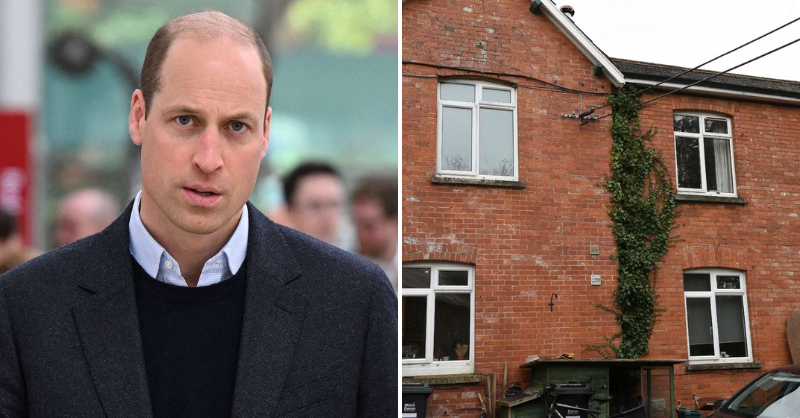
We found some of his tenants are at risk of fuel poverty, living in hard to heat homes that are riddled with damp and black mould. Our investigation with Channel 4 Dispatches has found that as many as one in seven of William’s inherited Duchy of Cornwall’s residential rental properties have the lowest Energy Performance Certificate ratings of F or G.
It comes as the taxpayer is funding a £369m renovation of Buckingham Palace and Prince William launches his campaign against homelessness and for “everyone having a right to a safe and stable home”. One tenant said: “The slick PR will stick in the throat of many tenants. He should start by bringing the homes he already owns up to modern standards.”
The Duchy has more than 600 rental properties and over a 15-month investigation we identified nearly 500 of them. We found 50 Duchy properties rated F and 20 rated G, including six properties with the lowest EPC score of one point out of 100.
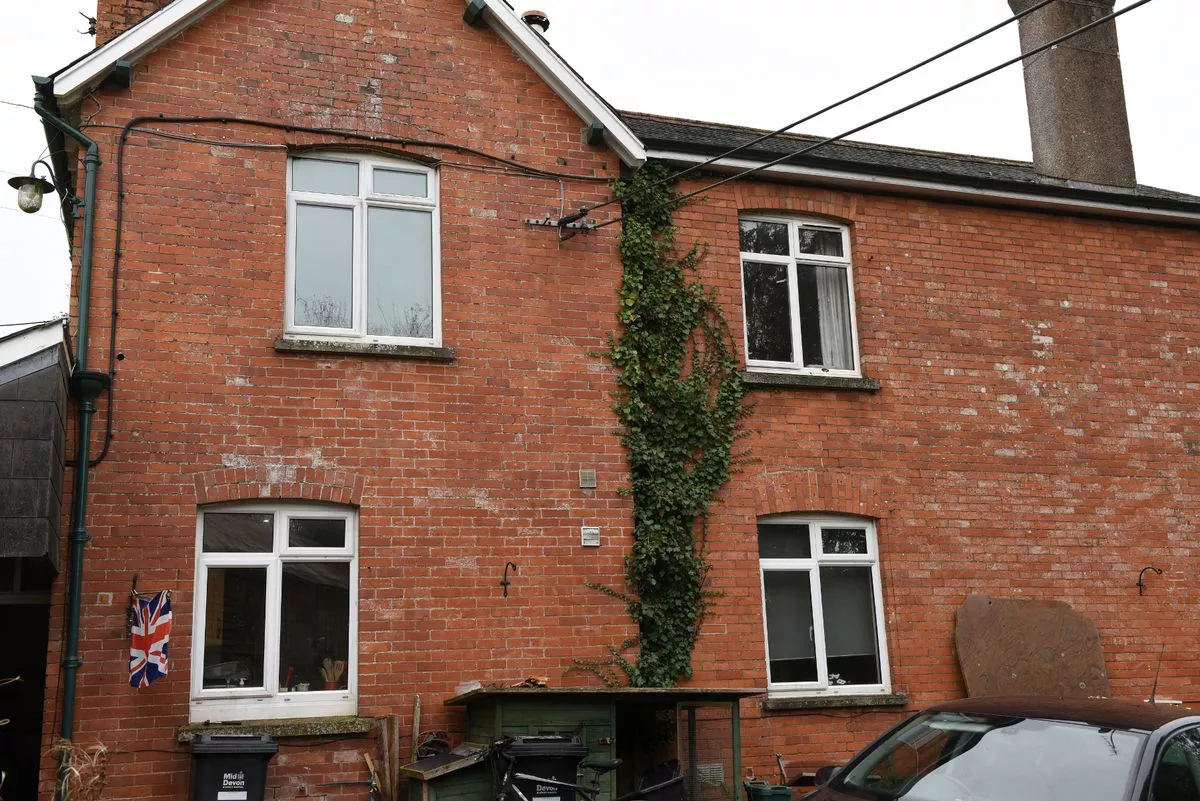
We spoke to a number of tenants on condition of anonymity who are living in cold, poorly insulated homes, often without central heating and many relying on the most expensive solid fuels for heat. It has been illegal since 2020 for landlords to rent out properties that are rated below an E under the Minimum Energy Efficiency Standards regulations without a valid exemption.
Since the new rules, Prince William and the previous Duke of Cornwall King Charles III have between them received £91m in profits from the Duchy. One tenant with no central heating spends hundreds of pounds a month on coal and wood to heat just two rooms in his house.
He told us: “It gets miserably cold especially in the winter, you can see through the roof. I can only heat two rooms in my home using a wood burner and a coal fire, and the landlord told me that my rent was going to be put up considerably if they put in radiators.”
He claimed: “There is mould appearing on soft furnishings and clothes because the air is so cold and damp. To make my property efficient it needs to be insulated but they won’t do that because of the cost. But you don’t want to say anything against your landlord for fear of eviction. There could be consequences.”
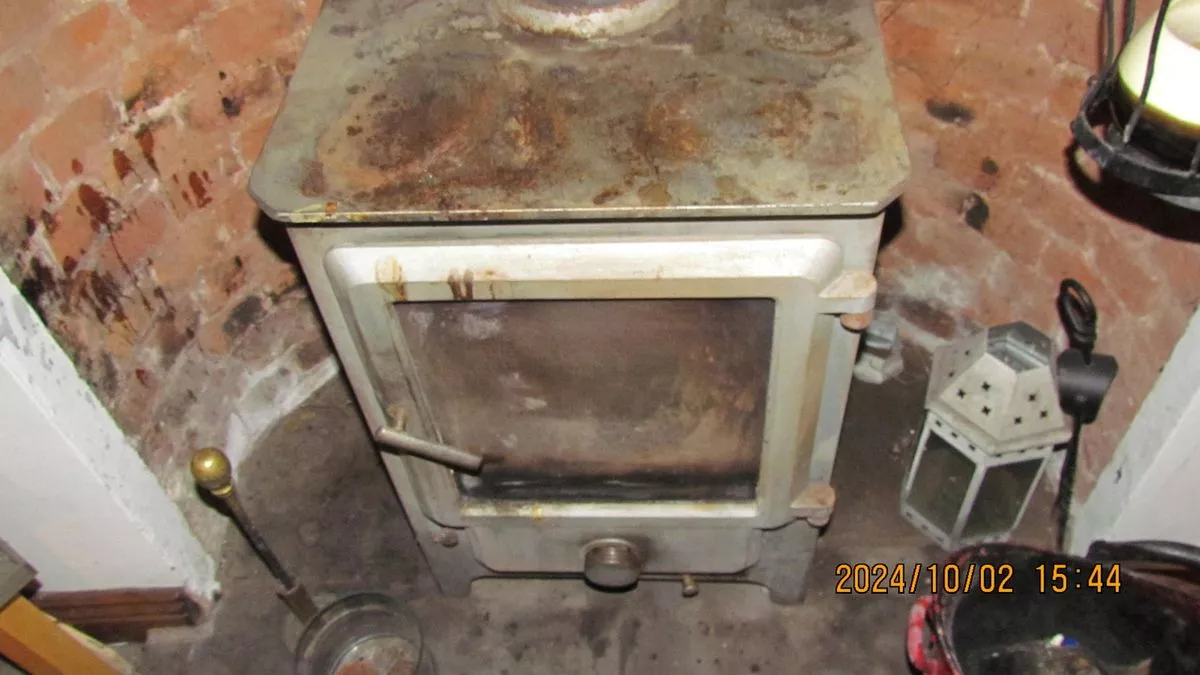
Another elderly tenant with no central heating and just one fireplace for warmth was under a blanket when we visited his home in early September. A third told us: “The house is freezing. We were told that it is uninhabitable. When the wind blows the curtains start swinging. There’s no heating upstairs at all.
“I asked about double glazing and they said Prince Charles doesn’t like it. Well he doesn’t have to live here.” A fourth said: “The house is cold and it is a struggle but there is nowhere else to live here. They are not good landlords.”
One Duchy tenant who let us take photos of her home is Claire Williams, 53, who was evicted last week over rent arrears – which she disputes. She says she wasn’t told when an energy assessor found her former farmhouse outside Exeter was rated F in 2015. But she says she has struggled with cold and damp since she moved in more than 20 years ago.
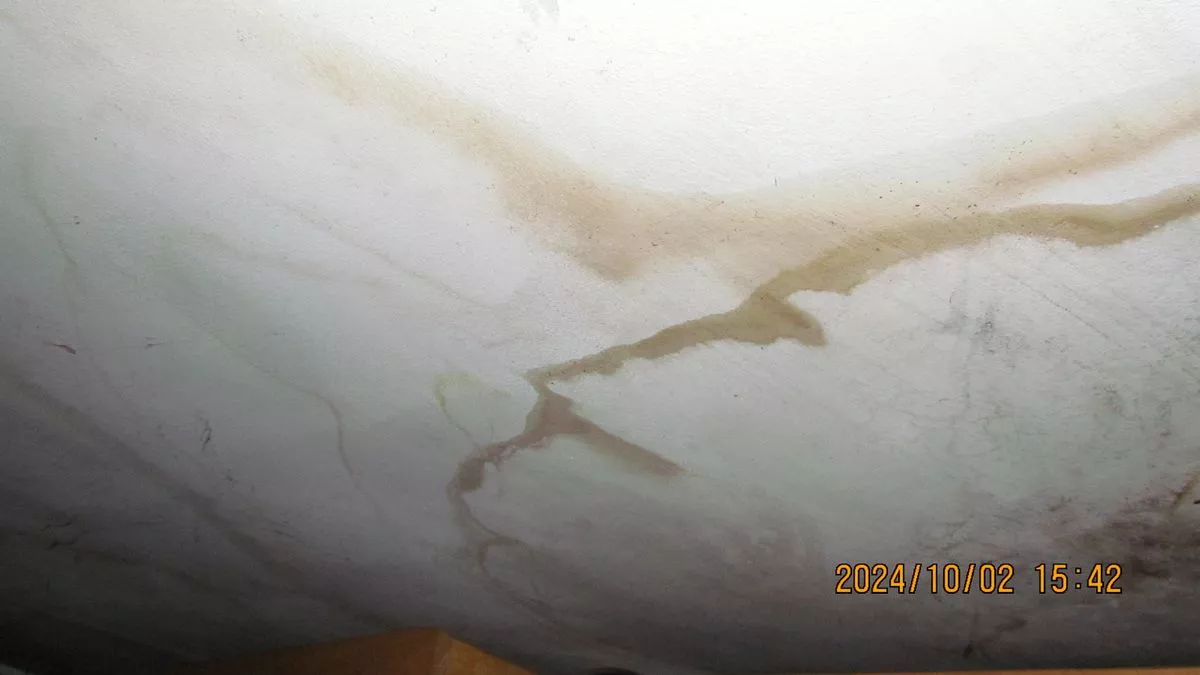
Parts of the house which are below the ground level feel wet to the touch and are covered in black mould that Claire says she has never been able to stop growing back. She said: “As much as I tried to cover it up with mould sealer it just comes back.
“Any wallpapering or any painting I do, after a couple of months it just peels off. I’ve complained about it for 21 years. The repaint was done about a week before I moved in so you couldn’t see it.”
Claire says the house has become increasingly expensive to heat: “I have to heat the house where all the heat is going out windows. I have to pay an awful lot for oil. It is just so expensive when you know you are paying all this money into a property and it’s heating outside.”
She used to pay £430 to fill her 3,000 litre oil tank, but it now costs £600 for just 500 litres that last only three months. “I can never afford to fill my tank,” Claire added. She said she only found out about the poor EPC rating when she was asked to leave: “When I got my eviction letter, I phoned Citizens Advice.
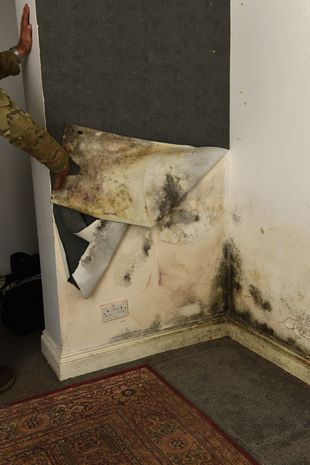
“They checked it out on the internet and said ‘It’s an F, you shouldn’t be living there. You shouldn’t be paying to live there and it’s illegal to let that property out’. I think the Duchy are saying that I’ve lived here too long. You can live in conditions that are dreadful because I have lived here too long.
“They don’t seem to have any consideration for the people that have lived in their houses for a length of time. They try to save money on people’s lives to gain money for themselves.” After the Duchy began eviction proceedings against Claire, inspectors from Mid-Devon Council visited her home and served the Duchy of Cornwall with a “hazards awareness notice” over the conditions. They found “damp and mould growth” and “excess cold” throughout the property.
The Duchy of Cornwall would not comment on Claire’s EPC but said it was a “responsible and compassionate Landlord” and only evicts tenants “in rare circumstances where all other alternatives have been exhausted”. A Duchy of Cornwall spokesperson said: “We are a responsible Landlord committed to continuous improvement of its properties. We work closely with our tenants to actively address energy efficiency of properties across our portfolio while minimising the impact on residents.
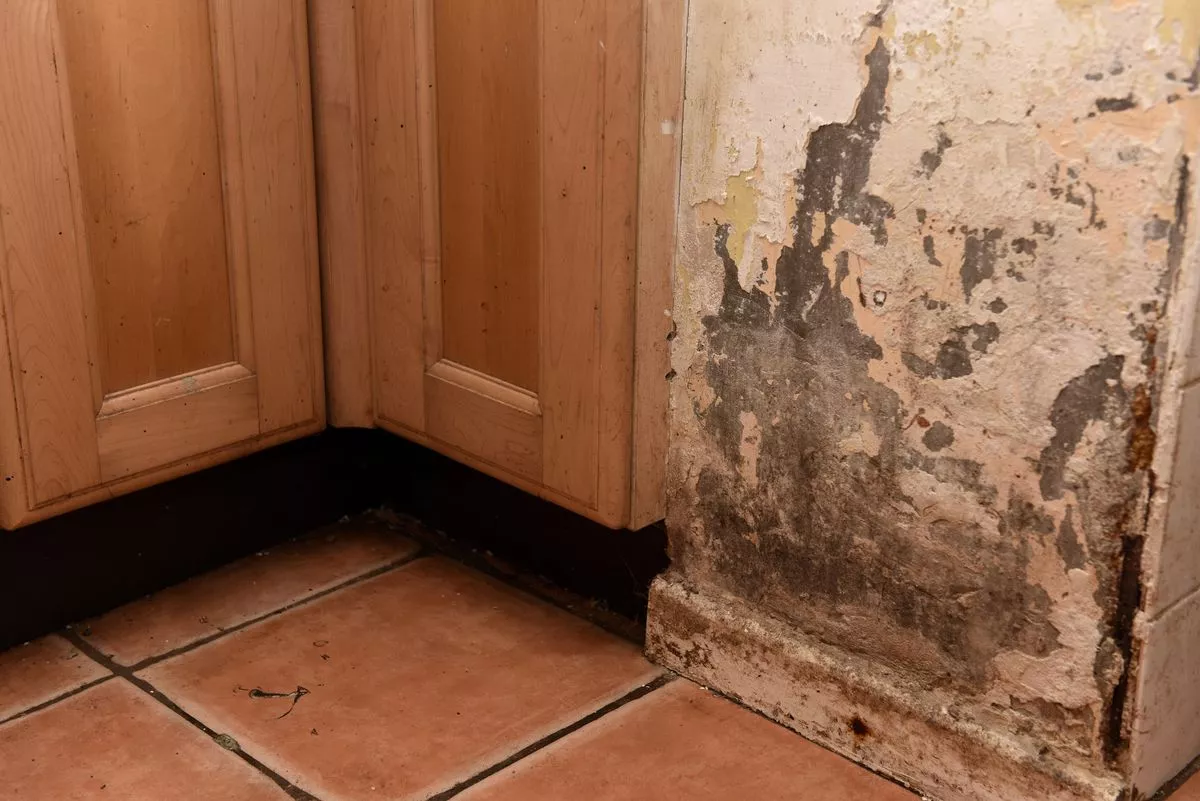
“The Duchy of Cornwall is a private estate with a commercial imperative which we achieve alongside our commitment to restoring the natural environment and generating positive social impact for our communities. Prince William became Duke of Cornwall in September 2022 and since then has committed to an expansive transformation of the Duchy.
“This includes a significant investment to make the estate net zero by the end of 2032, as well as establishing targeted mental health support for our tenants and working with local partners to help tackle homelessness in Cornwall.” We showed our dossier of evidence to EPC expert Andrew Parkin, director of Elmhurst Energy and chair of the trade body Property Energy Professionals Association, who said: “That does surprise me.
“I would kind of expect to see a very small landlord here as somebody who doesn’t really understand the regulations. Every landlord has a responsibility for the buildings that they own and the tenants that are in those buildings.
“The vast majority of people agree that we have to improve our building stock, not just for the people who live in those buildings, but also for the planet and for reducing our impact on the planet.” He examined a handful of EPCs from the Duchy’s rentals and said about one: “Well, this is the worst performing kind of property. It is more likely to be a cold, draughty, hard to heat property. It certainly will be expensive to heat the property … the rating is is very, very low indeed.
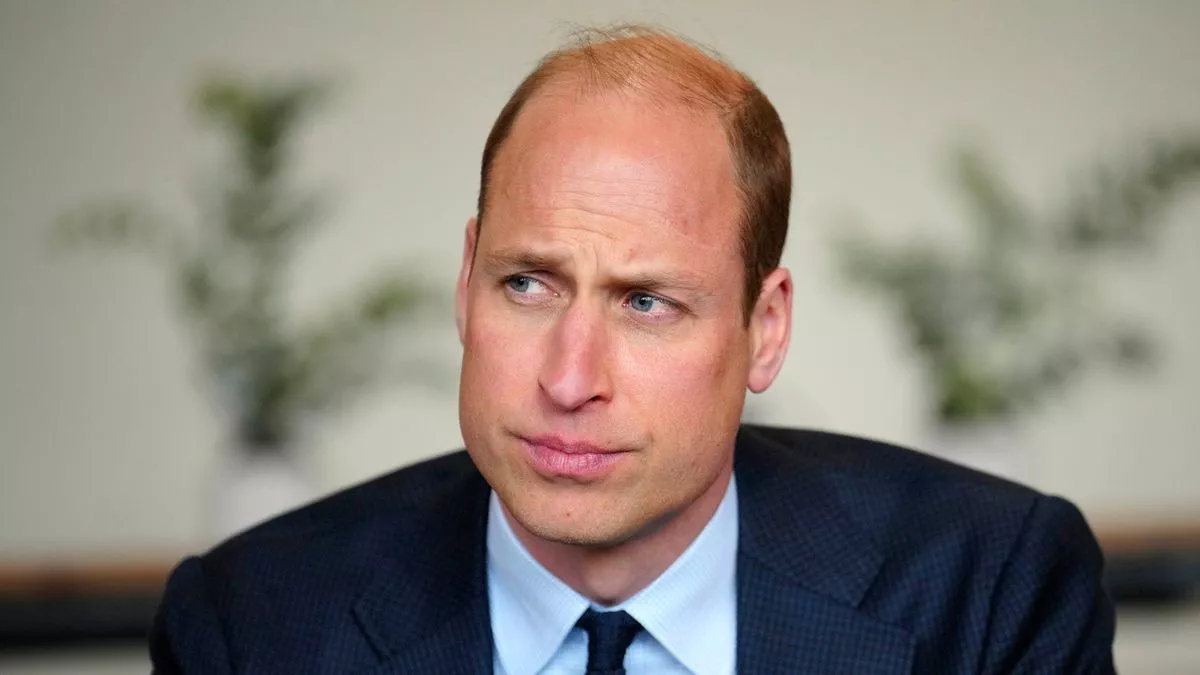
About another, he said: “It has also got solid fuel heating and solid fuel room heaters, which is a very inefficient and very expensive way of heating a property. A lot of carbon emitted almost twice the amount on that one was twice the amount of the typical house.
“Because they’re using something expensive like wood and electricity, the fuel bills are very, very high indeed. In terms of carbon emissions, this is a very polluting property.” Shown photos of one property, he said: “Wherever you’ve got large gaps and cracks within the structure of the building, you’re going to get draughts … I would expect that property to be pretty cold to live in.”
He added: “With these EPCs that I’ve seen today, it’s quite clear to me that they shouldn’t be rented out until they comply with either the minimum energy efficiency standards or they have a valid exemption on the exemptions register.” None of the 70 properties with F and G ratings had exemptions in place but we understand the Duchy considers that the rules do not apply to properties where the same tenant has lived there for many years and the EPC was done “voluntarily”.
Breaches of the MEES regulations can be penalised with fines of up to £5,000 per property. Our investigation with Channel 4’s Dispatches raises serious questions over the environmental record of the Duchy, which is owned by the heir to the throne.
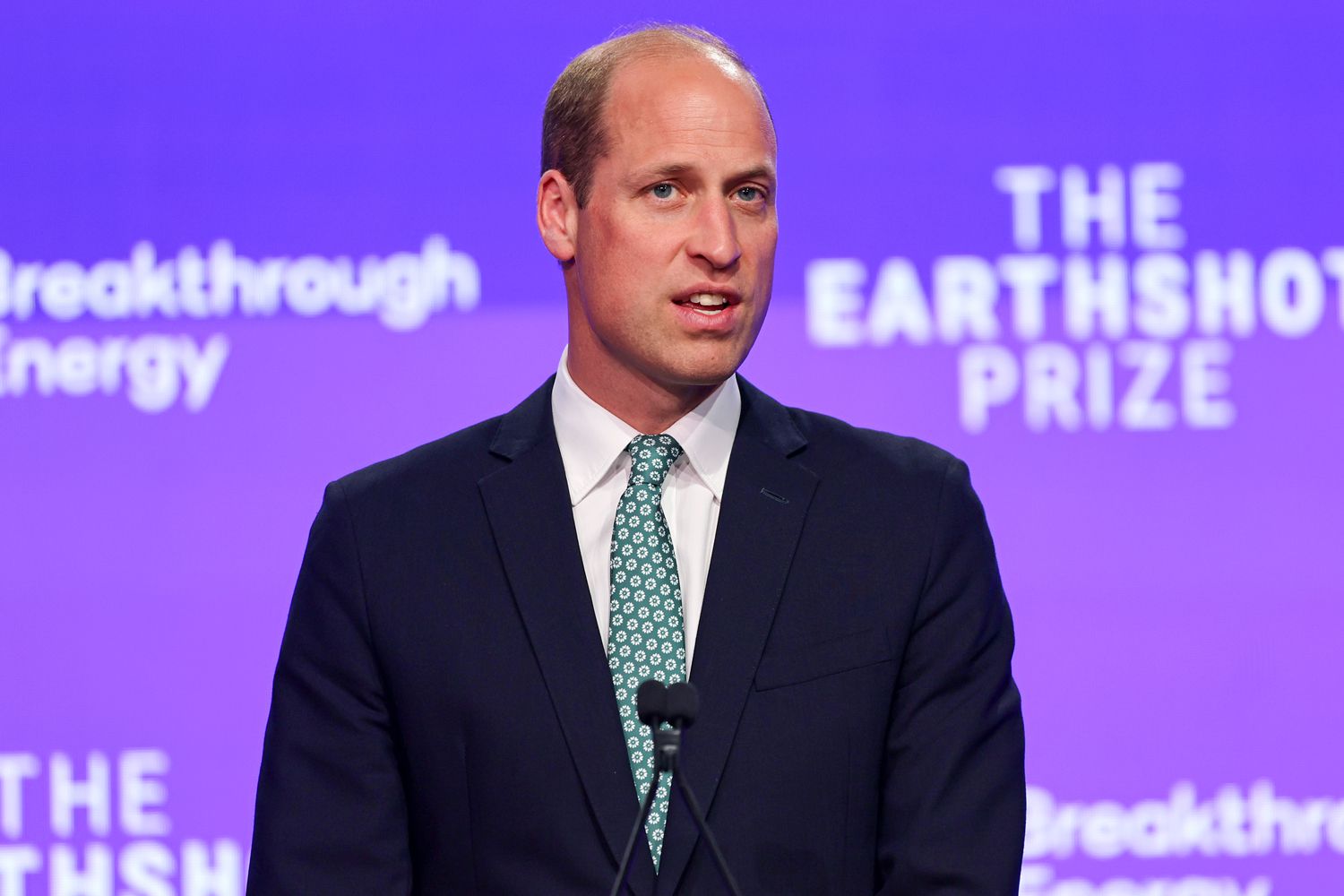
The Duchy of Cornwall website states that the “Dukes of Cornwall have traditionally managed their own estates … Over the last few years, HRH Prince William, the current Prince of Wales, has worked with his father managing the estate and has now taken over full responsibility for the estate leadership.”
King Charles III, who owned the Duchy until September 2022, is a longstanding champion of environmental issues, while Prince William launched the Earthshot Prize in 2020 “to search for and scale the most innovative solutions to the world ’s greatest environmental challenges”. Since the new rules came into force on EPC, Charles and William have between them received £91m in profits from the Duchy.
There are a series of “exemptions” from the MEES regulations available to landlords. Our research shows the Duchy has applied just 10 times for exemptions and the most common reason, used four times, was that the work would cost more than £3,500 to complete.
Campaigner Jonathan Bean, a spokesperson for Fuel Poverty Action, said: “It’s a disgrace that a billion pound royal estate appears to be acting like a rogue landlord. And getting away with it. King Charles and Prince William have profited from renting out property that fails to meet even basic standards.
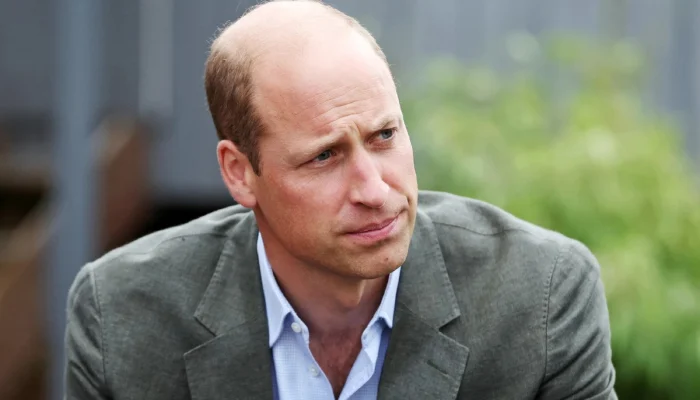
“These low standards cause misery by making heating unaffordable, leading to major health risks from cold and mould. F and G rated homes can cost three times more to heat, which is unaffordable for those on lower incomes.
“Renters are scared to complain about grim conditions, for fear of being evicted or subjected to rent increases. People are forced to suffer in silence. This royal mess demonstrates the fundamental power imbalance at the heart of this country’s broken housing system. Tenants may have rights in law, but in reality they are at the mercy of their landlords.
“We hope this investigation will spark the urgent action needed by Government to force the Duchy and other landlords to actually meet basic standards, and end the misery of people stuck in cold, damp and mouldy rental homes.” Definitions of fuel poverty vary. One measure is a household that spends more then 10% of its income on heating – another refers to poorer household with an EPC rating below D.
In 2020, the year the rules on not renting properties below an E came into force, the Government found that 4.4% of rental properties were “non-compliant”. The latest from the Office of National Statistics found that just over 1.5% of rental properties are an F or a G but these include those with an exemption in place. In comparison, 14% of the Duchy rentals we found were rated F or G – nearly ten times higher.

